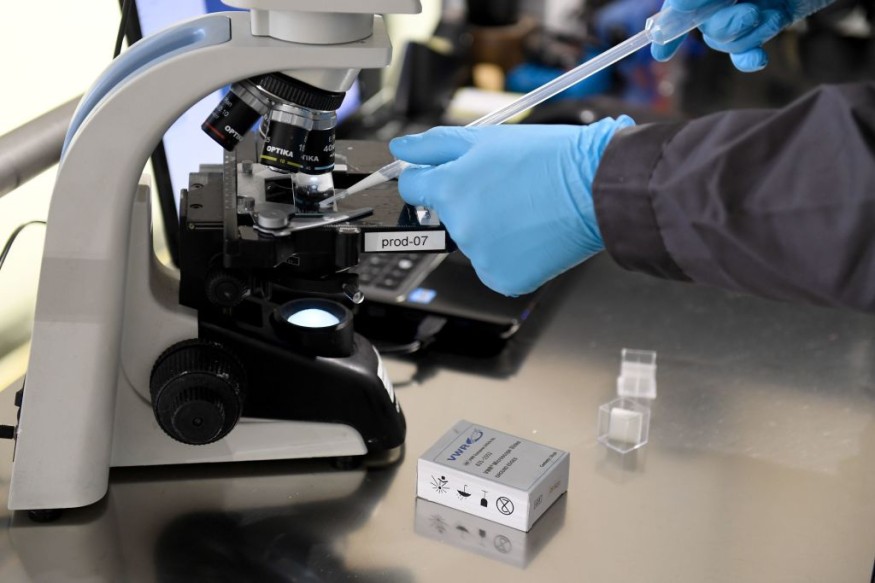Drug addiction or the excessive use of drugs like cocaine have been attributed to psychological degradation and overall health deterioration-since humans first learned to harness these drugs from plants.
There are paramount challenges when a person is facing this kind of addiction. However, researchers discovered in a breakthrough study that activating the muscarinic acetylcholine M4 receptor of the brain causes rodents to reduce cocaine intake and choose food instead.
The new study highlights the fact that drugs block or disrupt the brain's reward system-a function, when turned on, enables us to feel pleasure and positive emotions.
As a result, a blockage of this system allows drugs to shift our perceived rewards toward more drugs-excluding other sources of rewards.
By activating the M4 brain receptor, the study promises a potential for humans to break away from drug addiction-or at least mitigate the level of addiction towards drugs.
In the United States alone, millions of Americans suffer from both mental and physical health hazards from drug overuse.
Reduction in Drug Use

Scientists in the field of neuroscience and brain research from the Massachusetts Institute of Technology (MIT) published their new study in the journal Addiction Biology on Jan. 22. The MIT researchers were joined by collaborators from the University of Copenhagen and Vanderbilt University.
The research team found that by activating the M4 brain receptors on rodents, the subjects reportedly reduce their cocaine self-administration and simultaneously choose food as a reward over cocaine. The receptors are found on the surface of neurons in the brain, as per the Phys.org website.
Brain Receptors
The M4 receptors are distributed across the nerve circuits of the brain-responsible for the reward system, including in the amygdala, basal ganglia, hippocampus, and thalamus sections, as per a separate study published in Advances in Pharmacology in 2020.
In the 2022 study, MIT researchers discovered M4 receptors are abundant in the brain region called the striatum; which is involved in habit formation. The said region dictates that continuous and repetitive actions are reinforced to become habits.
By activating the receptors, the brain is somehow reset to pre-drug addiction; where the so-called happy hormone or chemical, dopamine.
Dopamine then flows through the subject who feels pleasure again from other reward sources aside from drugs.
Challenges of Drug Addiction
Although not all drugs, like medicines, cause hazards in one's own health; substances like heroin, cocaine, and cannabis have been proven to be detrimental to psychological and physical health when used excessively.
The American Addiction Centers on Nov. 19, 2021, cited a report from the National Survey on Drug Use and Health (NSDUH) regarding the statistical data concerning drug use across the US.
Based on the NSDUH report, 19.7 million American adults were battling a substance use disorder in 2017 across the country. Meanwhile, 38% of adults in 2017 suffered from illicit drug use disorder.
Overall, the report showed that millions of American adults suffered from both mental and physical health disorders.
In the US, healthcare, law enforcement, and workplace costs related to drug abuse have cost the US national and federal governments more than $740 billion annually.
Related article : Drugs Permanently Alter Brain Function in Some Adults
© 2025 NatureWorldNews.com All rights reserved. Do not reproduce without permission.





